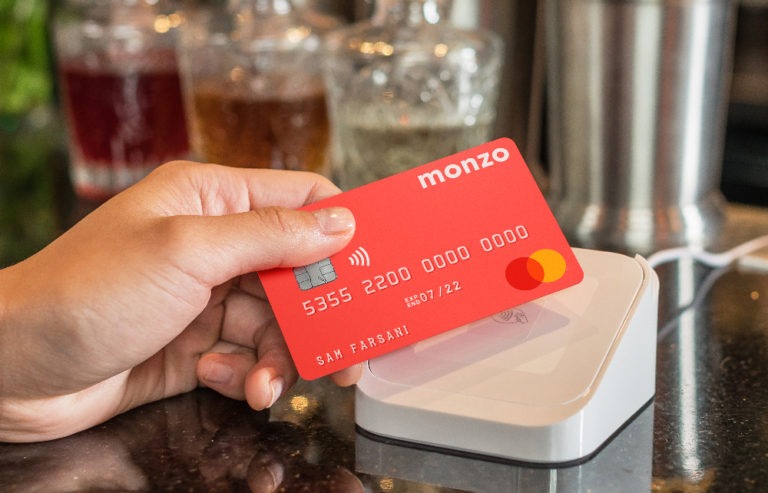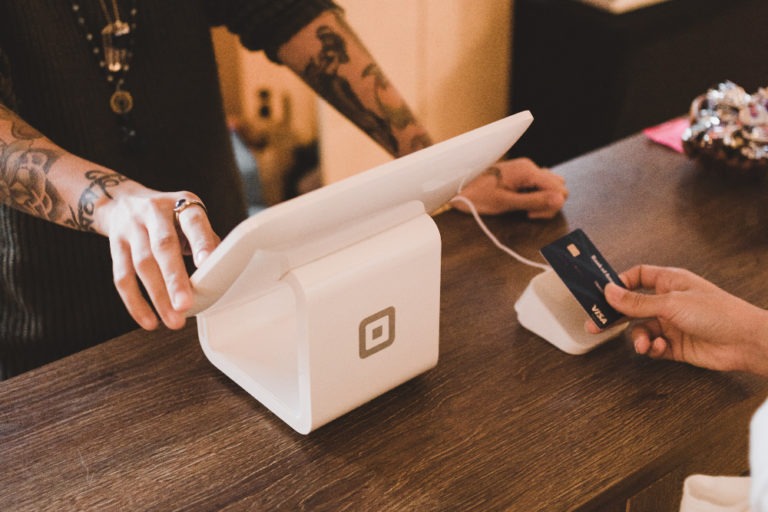How to manage spending and save money
Money Talk is intended to inform and educate; it's not financial advice. Affiliate links, including from Amazon, are used to help fund it. If you make a purchase via a link marked with an *, Money Talk might receive a commission at no cost to you. Find out more here.
‘Tis the season to spend, spend, spend.
It’s good for businesses, the economy and possibly a little for your mental health, too. But for your bank balance? Not so much.
Trying to manage spending can be difficult at the best of times, but at Christmas it somehow seems especially challenging.
Perhaps it’s the fact that it’s often the brightest point in what’s usually a long winter and you just want to treat yourself.
Perhaps it’s you secretly telling yourself that it doesn’t count because “it’s for other people”.
Or perhaps it’s the overwhelming peer pressure to spend and to spend big.
But there are ways you can manage your spending and modify your spending habits now and in future.
For this edition of Focus, I spoke to Russell Winnard, director of Young Money, and Mat Megens, CEO and founder of HyperJar*, about some of the pitfalls of spending at this time of the year and how you can overcome the urge to splurge.
Why is it especially easy to overspend at Christmas?
“It is usually the Christmas panic buying that catches people out,” according to Russell Winnard. “Most of us have a desire to spoil our family at this time [of the year] and can often push budgets to their limit, or beyond, in the process.
“It can be even harder to monitor this spending when it is being done online like so many of us are having to do this year. Clicking the ‘buy now’ button has become so easy, and without seeing any transaction happening, it doesn’t quite feel ‘real’.”
But gifts aren’t the only pitfall.
“Presents aside, we often overspend significantly on food and drink each Christmas too,” Winnard said.
“There are lots of new ranges in the shops, cooking programmes on the television, and we get carried away with the time of year, but the reality is that so much of this food and drink is wasted and often thrown away.”
For Mat Megens, the trigger for the spending spree starts before Christmas.
“We’re genetically programmed to value scarcity – hence the language of ‘last few left’ – and to take more risks when we’re threatened, even if that threat is losing out on a Black Friday or Boxing Day bargain,” he explained.
“Getting buffeted by last minute offers or ‘special deals’ can often end badly and, in reality, most products are the same price or even cheaper before the big day.”
But while the promise of sales and panic buying may drive us towards spending at Christmas every year, we may be particularly susceptible this year because of the coronavirus pandemic according to Winnard.
He said: “The temptation to overspend might be even greater this year than before since we might not be able to meet up with all of our family like normal.
“However, instead of trying to make up for not seeing family by buying them more, why not see if you can connect with them in other ways, such as phone calls or video conferences.
“Maybe invest time in making these alternative connections, rather than more money on additional gifts.”
How are retailers getting us to spend more?
“Retailers do a huge push to drive up basket spend around November and December, with enticing offers which are often not quite the saving that they are made out to be,” Winnard explained.
“The period from October to December is known as The Golden Quarter for retail, which over the years has led to big promotion of discounts. While some of these really are worth snapping up, do bear in mind that these are targeted at panic buyers especially.”
But it’s not just those special offers, it’s also the ease of the buying process according to Megens.
He said: “A lot of effort has gone into normalising ‘debt for shopping’, with buy now, pay later schemes presented to us as empowering and liberating. It can make the pressure to spend especially hard to resist.
“We are bombarded by our banks, payment sites and retailers with ways to speed up the buying process but delay payment.”
How can we stick to a budget?
So how do you overcome that?
For Megens, it’s all about having a plan. That means knowing “the product you want and the price you want to pay and, ideally, have the money set aside”.
Winnard suggests shopping around as well.
“If there’s a gift you are after which is available at multiple retailers, it’s always worth a quick cross-check with other stockists to compare prices. The small savings really do add up,” he explained.
Winnard added: “No Christmas is worth crippling debt – family and friends would understand if they only received a small gift.
“Gift giving is a token gesture, not a competition, and certainly not worth accumulating unmanageable debt for.”
Read more: You should set financial goals – here’s how
So how can you manage your spending?
“Stick to your natural spending rhythms and plan ahead,” Megens recommends.
“One of the problems with Christmas is that we treat it as a November or December expense – but our income doesn’t increase by the hundreds of extra pounds we spend.
“And that’s why you need a bit of forward thinking. If you can get into the habit of putting aside small amounts of money regularly for particular times of year, or big ticket items, you’ll feel more in control.”
Taking some time between picking your items and actually making a purchase can also help according to Winnard.
He said: “Due to the pandemic, cash has really fallen out of favour, which is a shame because it is a great way to tangibly track your spending, and an important part of financial education for our children and young people.
“Something to bear in mind this year more than ever is delivery costs. Online shopping has reached unprecedented popularity, and retailers will be aware of a preference to shop online instead.
“While it’s convenient to shop from your sofa, you should pay close attention to that extra £4-5 on delivery.
“Even if you are not paying for delivery costs it is always worth leaving a little bit of time once you have placed the items into your basket before confirming your purchase.
“This gives you time to reflect on whether you really need everything there, and if you’re really lucky it may also trigger additional discounts from the retailer to ‘help’ you make that purchase.”
How do you modify your spending habits in general?
“I think modify is a good word here,” Megens said. “It’s not always about cutting back, or stopping altogether. It’s about taking the time to think about where you want to spend the money you have and where you need to.
“If you ever feel pressured by a limited offer or impossible-to-resist price, just press pause for a little while.
“Our spending should feel sustainable. You should feel in control of your money, not the other way around. Shop on your own terms. You’ll feel better not just when you buy, but longer-term.
“Many people have never had that positive feeling you get when you’ve saved up for something because you’ve committed to an effective financial plan – and if they had, they’d spend smarter in future.
“If we can get more people to experience these positive feelings and more often, the nation could well be on its way to a healthier and happier relationship with money.”
Winnard has a few suggestions, beginning with “setting a budget, opening a savings account with a standing order to make regular contributions to and not getting drawn in to offers before checking them against the previous price”.
You can also plan gifts for birthdays, anniversaries and other holidays into your budhet
He added: “Everyone is feeling the pinch this year and if there is communication around budgets and expectations then you can avoid that common feeling of guilt from not being able to afford something.”
Pin this for later








